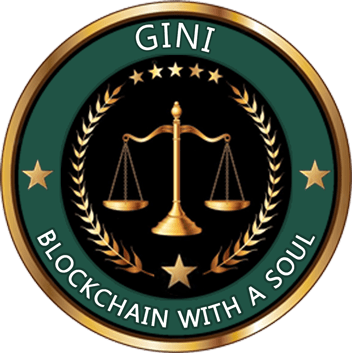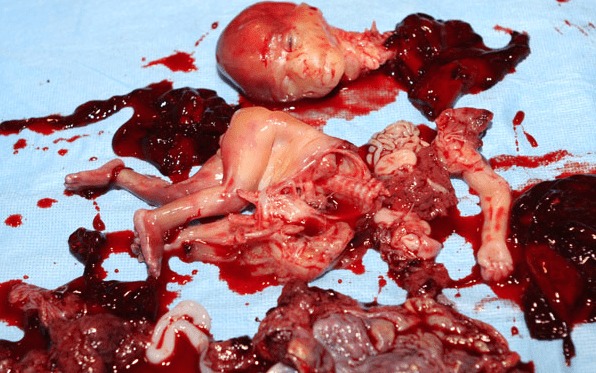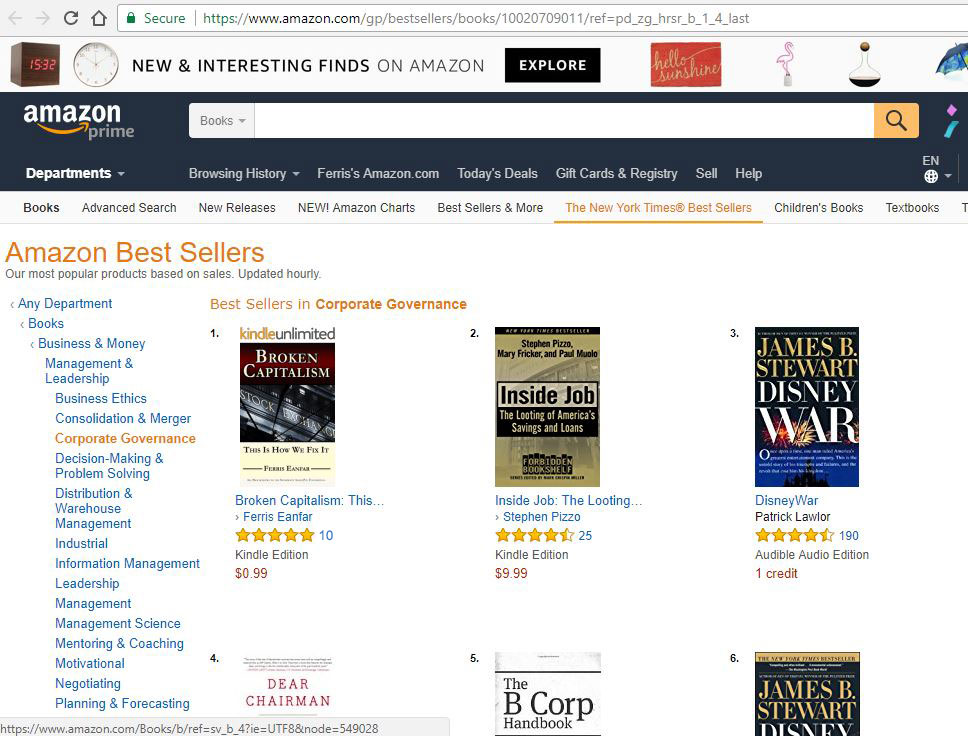Angry Humans. I often see well-intending, angry humans talking about the problems in our world today. Many of them blame Capitalism. Some of them seek a revolution at any cost. I understand their anger, but it’s easy to say something is broken; it’s much harder to present and persuasively defend specific, nonpartisan, and realistic solutions. I wrote Broken Capitalism: This Is How We Fix It because, in the 100s of articles and dozens of books about economic and government policy that I’ve read, I’ve never found one that presents specific, nonpartisan, and realistic solutions to resolve the political, social, and economic problems that are causing Earth’s economy and ecosystems to collapse today.
Capitalism vs. Marxism vs. Socialism. Like so many other illusions that I reveal in the book, the great debate between Capitalism vs. Socialism vs. Marxism, etc., is an illusion rooted in a misunderstanding of human nature and perpetuated by ignorance of human history. History provides examples of prosperous capitalist states and prosperous socialist states, with many variations based on each country’s unique cultural values and traditions. What many people don’t realize is that it doesn’t matter whether we have Capitalism, Marxism, Socialism, or any other ism if the institutional integrity of the government suffers from distorted incentives. Incentives always drive human behavior in every social and economic system. The same concentration of power, wealth, and environmental abuses will always occur as long as the administrators of the system are not held accountable for their performance.
Capitalism is a Socioeconomic Operating System for Humanity. Capitalism by itself is not good or bad; it’s simply a socioeconomic operating system for humanity that is very flexible and comes in many flavors. By analogy, if the Windows computer operating system is Capitalism, then the Linux operating system is Socialism. Both systems work just fine when they’re configured and administered properly, in accordance with each society’s broadly shared values and traditions.
Neoliberal Capitalism is Only One Flavor of Capitalism. If humans worldwide were told, “Henceforth, there shall be only one flavor of ice cream,” there would be violent protests in every major city on Earth. If people would likely revolt over oppressive ice cream policies, imagine what they will (and are) doing in response to oppressive global economic policies. The neoliberal flavor of Capitalism practiced in the U.S. today is misconfigured and has been exported across the planet, which is what is destroying the value creation process in every country today. That’s not the fault of Capitalism; it’s the fault of specific culprits in each society who will seek to misconfigure and exploit every system to serve their personal interests at the expense of the public interest if the society allows them to get away with it.
The River of Value. The concept of “value creation” is not merely a corporate platitude invented to appease greedy investors; it’s at the heart of every human civilization since the dawn of humanity. The book explains this more vividly, but in summary: Every society must efficiently and broadly create and distribute value to continue to exist and prosper. Value is like a river: If it’s not flowing, it’s not a river. A society cannot survive if it destroys its value creators and if it does not nurture a broad ecosystem of value creators by implementing public policies that truly support the small- to medium-sized business community. Many countries today are failing miserably at this task for specific reasons explained in the book.
Replacing Capitalism with Some Other Ism is Not the Solution. Every socioeconomic framework will degenerate into kleptocracy, plutocracy, crony capitalism (insert your favorite bad system here) if it suffers from poor institutional integrity. “Institutional integrity” can be clearly defined to ensure that the incentives of policymakers are aligned with the interests of the humans they are supposed to serve. Forcing policymakers in specific and politically viable ways to stop rigging the system in favor of “Transnational Cannibals” is the solution.
“Politically Viable” is Not the Same as “Universally Desirable.” I often hear people say things like, “We will never find solutions that are universally desirable with such a divided population.” Most of the perceived division in the American population today is fabricated and amplified by profit-driven media companies, which is infecting the journalistic integrity of mainstream and alternative media. All the credible polling data that I’ve seen suggests that everyday Americans are much closer on virtually all major issues than is portrayed in the media.
Opposition Always Exists Because Human Need & Greed Exist. We should always expect opposition from groups who benefit from the status quo, but the status quo today benefits only a tiny minority of the population. In a democratic society, whether certain segments of the population agree or disagree is irrelevant as long as actual public policies result in long-term outcomes that benefit the majority of humans in the society. Sadly, that’s not how Neoliberal Capitalism is configured today.
Neoliberal Capitalism Has Destroyed Global Trust in Capitalism. The “mainstream” neoliberal economists and the curriculum they are still cramming down the throats of college students worldwide today have turned the majority of humanity against Capitalism (see also “A Majority of Millennials Now Reject Capitalism“), which is a tragedy in itself. So there is no question that the solutions in the book are politically viable because they are nonpartisan and attractive to an overwhelming majority of humans worldwide on both sides of the ideological spectrum.
Is Capitalism Sustainable? Over the next several human generations, the neoliberal flavor of Capitalism that dominates Earth today will need to be completely reconfigured because natural resource extraction, perpetual economic and population growth are obviously not sustainable. Additionally, as artificial intelligence gobbles up ever-larger chunks of the global labor market, the “Capital-Labor Duality” (defined in the book) requires an urgent transfusion of institutional integrity to prevent the cardiac arrest of Capitalism worldwide. However, the book clearly explains how Capitalism can be configured to be economically sustainable in all large-scale socioeconomic conditions and to be relatively immune to special interest corruption.
Stage 1: Re-Balancing Obscene Wealth and Power. The book presents clear, nonpartisan solutions for re-balancing the obscene concentrations of income, wealth, market and political power that are distorting global trade and domestic economic policies in virtually every country on Earth today. These imbalances of wealth and power are the most significant factors blocking virtually all meaningful public policy reforms. These imbalances enable special interest groups to perpetuate the status quo. Curing these imbalances is the first and most important step, which is why everything contained in the book can be logically summarized as “Stage 1.” Only after Stage 1 is achieved will it be possible to achieve subsequent stages along humanity’s path to sustainable global peace and prosperity.
All Humans Have Biases and Blind Spots that Are Magnified by Fear. Our collective vision of a fairer, more equitable, and sustainable planet needs to occur in stages because the most powerful special interest groups will fight back with overwhelming force if “the resistance” tries to abolish the status quo overnight. If humans living today fear that their wealth will be confiscated or destroyed while they are still alive, they will fight much harder. In contrast, if the reforms occur over a relatively longer period, based on clearly defined stages, measurable milestones, and nonpartisan principles, they will feel relatively less threatened and they will be more likely to see beyond their own self-interest. That’s why this staged approach is the only viable approach to achieve truly sustainable reform on a planetary scale without triggering World War III and multiple genocidal conflicts.
Capitalism was Created by Humans; It Can be Improved by Humans. Capitalism is broken, but it can and should be fixed. It won’t happen overnight, but like water etches rivers into granite landscapes in nature, we can gradually, inexorably, guide humanity’s river of value toward a more natural equilibrium. Many books and articles have been written about the economic and social problems plaguing Earth today, but I’ve never found one that offers meaningful and politically viable solutions. That’s why I wrote Broken Capitalism: This Is How We Fix It, which explains step-by-step how to accomplish the first and most important Stage 1, based on logical, equitable, theoretically sound, data-driven, nonpartisan, and politically viable principles that any high school graduate can understand and appreciate.
About Ferris Eanfar
Ferris Eanfar has over 20 years of experience in technical, financial, media, and government intelligence environments. He has written dozens of articles and several books in the fields of Economics, Crypto-Economics, and International Political Economy, including Broken Capitalism: This Is How We Fix It and GINI: Capitalism, Cryptocurrencies & the Battle for Human Rights and the Global Governance Scorecard. Ferris is a cofounder of the Gini Foundation, which builds unique cryptocurrency systems to protect human rights, among other benefits; and the CEO of the AngelPay Foundation, a nonprofit financial services company with a mission to “return wealth and power to the creators of value.” To learn more about Ferris, please visit the About Ferris page.Visit Ferris on:

 Gini Website Coming Soon. We (
Gini Website Coming Soon. We (
